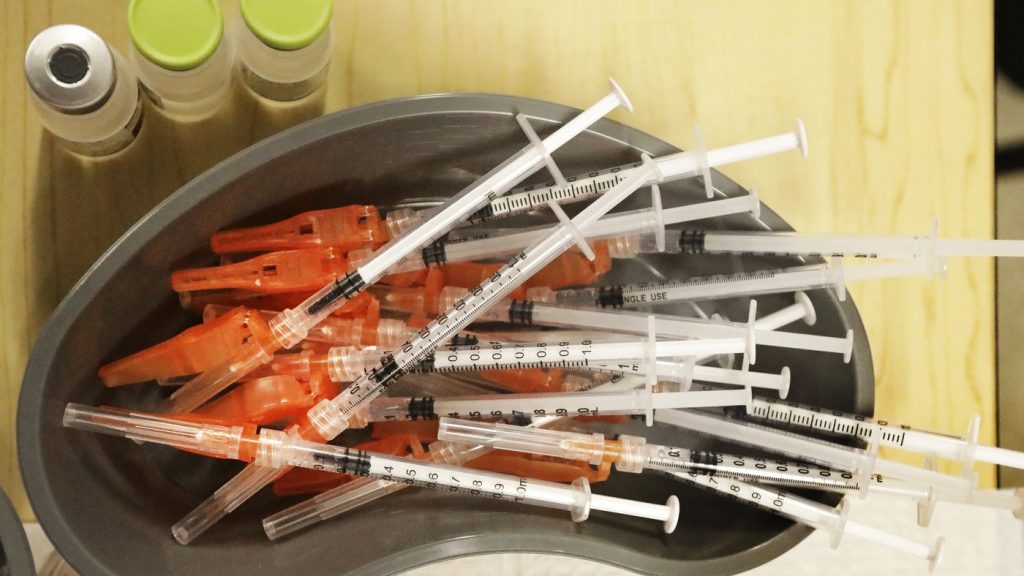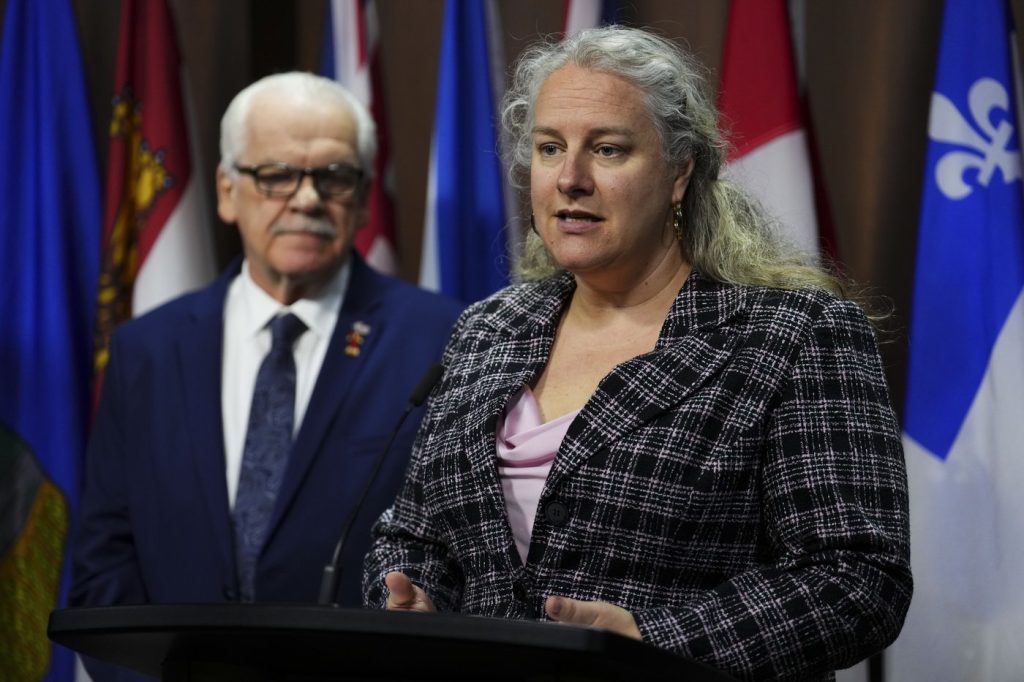OPH urging people to update vaccines amid increase in whooping cough

Posted Jul 31, 2024 01:56:02 PM.
Last Updated Aug 1, 2024 04:24:05 PM.
Following an increase in reports of pertussis (whooping cough) locally and across Ontario, Ottawa Public Health (OPH) is reminding parents to ensure their children and youth’s routine vaccines are up to date, as a new school year approaches.
OPH has reported 32 confirmed or probable cases of the infection in Ottawa, compared with six cases documented in 2023. The province is also facing a surge, reporting over 500 cases between January and July 24, 2024.
This is compared with 333 cases in Ontario in 2023, based on data from Public Health Ontario.
Whooping cough is a highly contagious infection of the respiratory tract, caused by a bacterium called Bordetella pertussis. According to OPH, symptoms often begin as a common cold and can progress into severe coughing spells that can persist for six to 12 weeks.
While most people recover from it, infants under one-year-old who aren’t vaccinated are at highest risk. It is most often seen in children and youth and is usually treated with antibiotics.
“Vaccination remains the most effective defence against pertussis and other vaccine preventable diseases that used to be common in childhood,” OPH said in a news release. “Maintaining high vaccination rates is crucial to controlling vaccine preventable diseases and reducing severe illness.”
OPH explains that Pertussis is divided into three stages, including:
- 1 – Catarrhal: Mild upper respiratory tract symptoms with a mild occasional cough that lasts approximately one to two weeks and then progresses to the next stage.
- 2 – Paroxysmal: Increase in the severity and frequency of the cough which can last one to two months and sometimes longer. There may be repeated violent coughs and high-pitched inspiratory whoop that can followed by vomiting. Fever is absent or minimal during this stage
- 3 – Convalescent: Gradual recovery period of weeks to months; the cough becomes less paroxysmal and disappears.
Vaccination
The vaccine can be a part of a schedule, given in doses from age two to as early as 18-months-old. A booster between the ages of four and six and again in teen years is important.
“Adults who have not previously received a dose of pertussis-containing vaccine in adulthood should receive a booster dose of Tdap when they are due for a tetanus vaccine booster. In Ontario, this is typically given at 24-28 years old,” the website notes.
OPH said now is the time to ensure children and youth’s routine vaccines are up to date, prior to beginning a new school year.
“This fall, OPH will resume ongoing surveillance and enforcement of the Immunization of Schools Pupils Act by sending letters to parents and guardians for children and adolescents who have not reported up-to-date vaccination records to public health for the vaccines required to attend school.“
If records are not updated within the given timeframe, students may be at risk of suspension.
Appointments
According to the public health department, those unable to access routine vaccinations can schedule an appointment at one of the many Kids Come First clinics.
OPH is also offering drop-in clinics at the Neighbourhood Health and Wellness Hubs.
For more information on routine vaccines, where to get routine vaccines, and how to report routine vaccines to OPH, visit Parenting in Ottawa’s website.
Families can reach out to a Public Health Nurse to confirm vaccination status by calling 613-580-6744, open Monday to Friday from 9 am to 12 p.m. and 1 to 4 p.m.
OPH is asking that any suspected/confirmed cases of pertussis be reported to public health, by calling:
- Monday to Friday from 8:30 am to 4:30 pm: phone 613-580-2424 x 24224
- After hours, on weekends, or holidays: Call 3-1-1 and ask to speak to Public Health on call.








